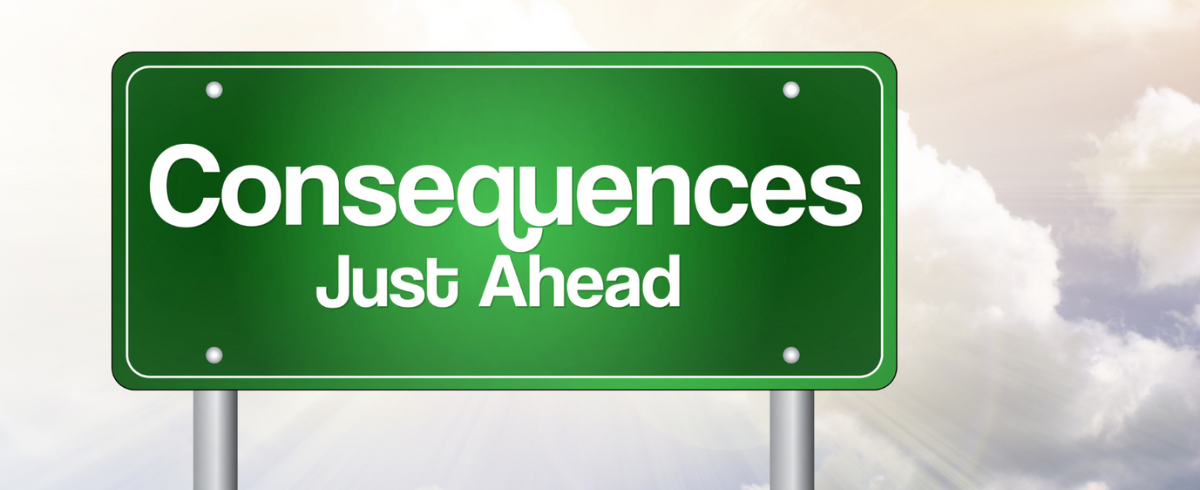The road to hell is paved with good intentions! In public policy above all else, I have often found that some of the best intentioned laws end up having the opposite effect and hurt the very constituencies they were supposed to help.
For instance when laws prevent banks from charging high interest rates to relatively poor people (to compensate for higher default risk), they end up removing their access to credit altogether and sending them to loan sharks. Even more morally controversial and ambiguous, I recently read a report showing that in very poor countries, when child labor is banned, a large percentage has to become child prostitutes to support their families.
Stephen Levitt and Stephen Dubner, who wrote the highly enjoyable Freakonomics and write great articles for the New York Times (http://freakonomics.blogs.nytimes.com/), just analyzed the impact of three laws respectively meant to help the deaf, poor borrowers and red-cockaded woodpeckers. In all three cases, the laws spectacularly backfire.
Read the article at:
http://www.nytimes.com/2008/01/20/magazine/20wwln-freak-t.html?ex=1201496400&en=5a18f7392ce44671&ei=5070&emc=eta1

The problem is that in public policy, people seem to judge policies on the intentions, rather than their actual outcomes:
For instance, even if a given social program designed to fight poverty ends up being a poverty trap that increases poverty, any criticism of it will be beaten down with an aggressive “You’re selfish, you don’t want to help the poor!”.
Any potential or taken line of action should not be evaluated on the basis of its intentions, but on how close the outcome gets to those intentions.
To paraphrase one Milton Friedman:
One may admire the sympathy and softness of heart that many do-gooders display, but one may also wonder whether or not their brains are sometimes as soft as their hearts.